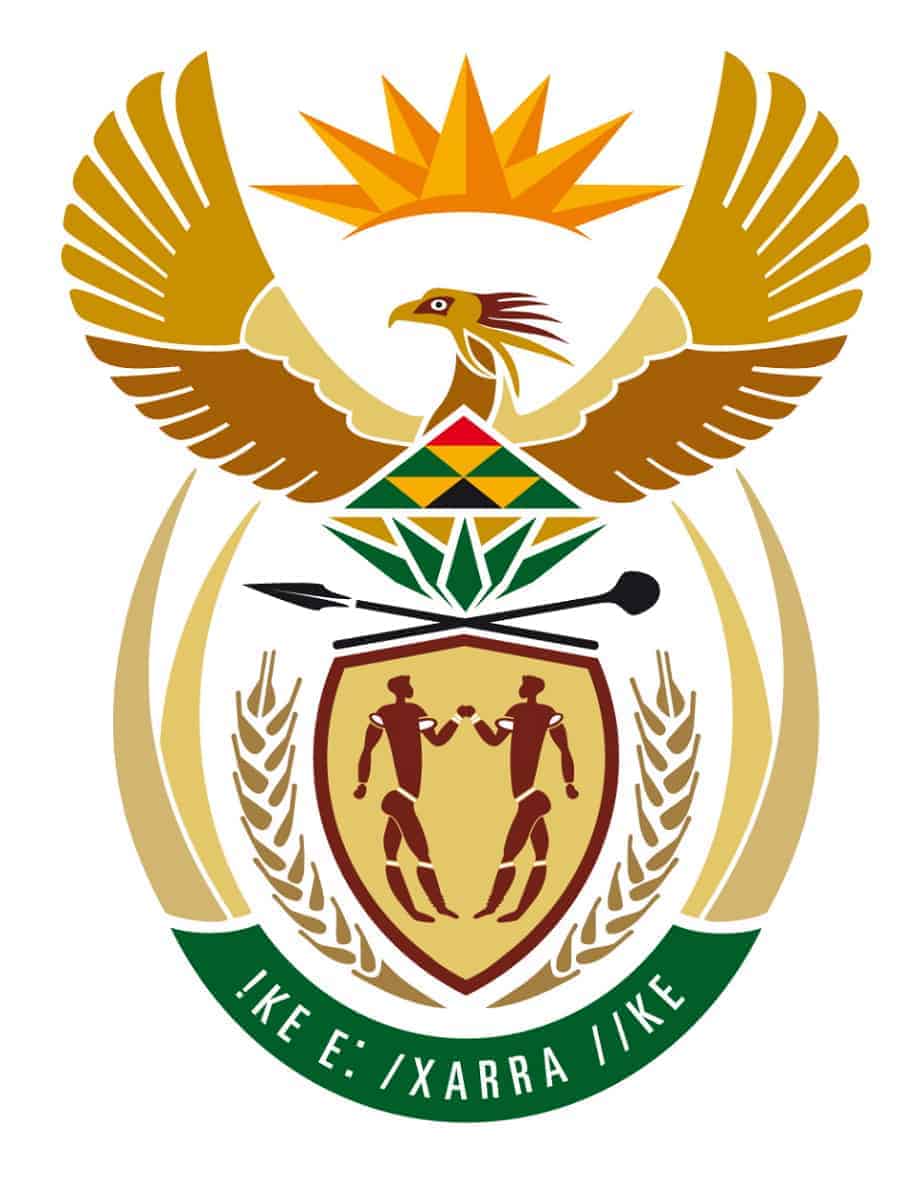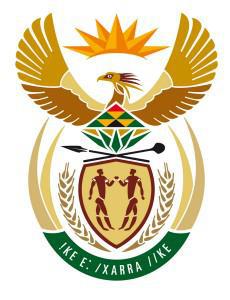Statement: Eastern Cape responds to South African Human Rights Commission report

 In October 2015, the South African Human Rights Commission issued a 104-page report in response to two years of research into the provision of EMS services in the Eastern Cape as well as a public hearing into the matter.
In October 2015, the South African Human Rights Commission issued a 104-page report in response to two years of research into the provision of EMS services in the Eastern Cape as well as a public hearing into the matter.
The South African Human Rights Commission gave the Eastern Cape six months to respond to the report.
In its response, the department notes that the commission’s findings were based on issues experienced in 2013. The department further maintains that much has been done to improve EMS services in the province, including the procurement of 277 EMS vehicles, including 110 new ambulances, 157 replacement ambulances and 10 planned patient transport buses.
In its response, the department also gives a point-by-point update as to the status of commission recommendations and commits to, among other things:
- Achieving a fleet of 667 ambulances, which will be procured over a five-year period by 31 March 2021;
- Unveiling a new EMS policy publicly by 30 April; and
- Instituting a digital voice call logging system to improve EMS call-taking and dispatching capabilities.
The department also acknowledges that it will be unable to fulfill all commission recommendations. For example, the commission recommended the department ensure patient transport is available to transport patients back to communities after receiving treatment, particularly at night when people could be at risk of experiencing crime or violence.
The department maintains that it is only able to transport patients back to the referring hospitals due to limited resources,
Additionally, although the department says it records instances in which ambulances cannot be dispatched to communities, it says these instances are not made public as part of annual reports because they are not part of approved indicators.
Read the department’s full response: Response to the South African Human Rights Commission on Emergency Medical Services
Author
Republish this article
This work is licensed under a Creative Commons Attribution-NoDerivatives 4.0 International License.
Unless otherwise noted, you can republish our articles for free under a Creative Commons license. Here’s what you need to know:
You have to credit Health-e News. In the byline, we prefer “Author Name, Publication.” At the top of the text of your story, include a line that reads: “This story was originally published by Health-e News.” You must link the word “Health-e News” to the original URL of the story.
You must include all of the links from our story, including our newsletter sign up link.
If you use canonical metadata, please use the Health-e News URL. For more information about canonical metadata, click here.
You can’t edit our material, except to reflect relative changes in time, location and editorial style. (For example, “yesterday” can be changed to “last week”)
You have no rights to sell, license, syndicate, or otherwise represent yourself as the authorized owner of our material to any third parties. This means that you cannot actively publish or submit our work for syndication to third party platforms or apps like Apple News or Google News. Health-e News understands that publishers cannot fully control when certain third parties automatically summarise or crawl content from publishers’ own sites.
You can’t republish our material wholesale, or automatically; you need to select stories to be republished individually.
If you share republished stories on social media, we’d appreciate being tagged in your posts. You can find us on Twitter @HealthENews, Instagram @healthenews, and Facebook Health-e News Service.
You can grab HTML code for our stories easily. Click on the Creative Commons logo on our stories. You’ll find it with the other share buttons.
If you have any other questions, contact info@health-e.org.za.
Statement: Eastern Cape responds to South African Human Rights Commission report
by healthe, Health-e News
April 20, 2016
MOST READ
No water no vote: Hammanskraal still doesn’t have clean drinking water a year after cholera outbreak
Cough syrup recall: What is diethylene glycol and what happens when you drink it?
Hunger and mental health: study looks at how families cope with food insecurity
Patients wait months for surgery at Leratong hospital as non-payment shuts down theatres
EDITOR'S PICKS
Related

HIV remains a leading killer in Africa despite medical breakthroughs – how to eliminate it


